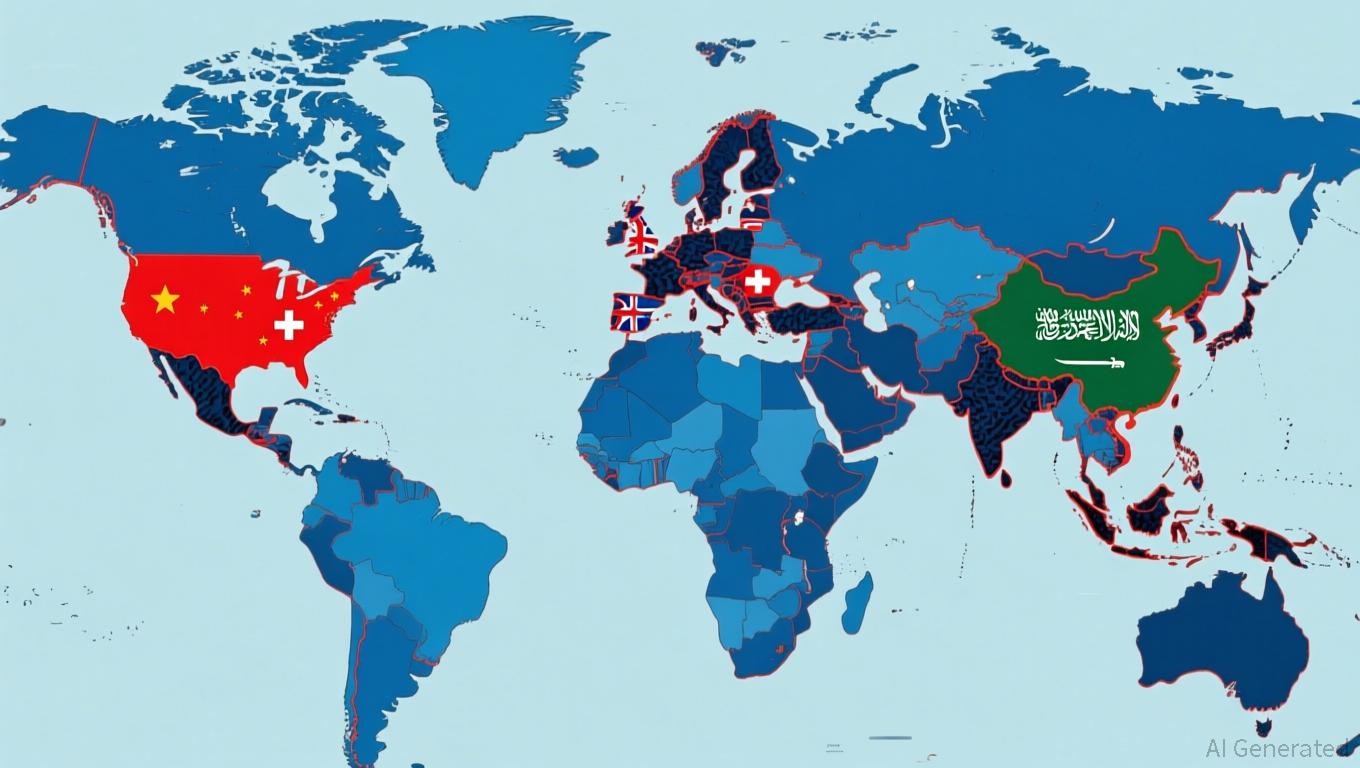The context window in AI models, which determines how much information a model can retain, has expanded over the years. Yet, experts have been exploring innovative methods to enhance the long-term memory of AI systems, as these models frequently struggle to maintain context across multiple sessions.
Dhravya Shah, a 19-year-old entrepreneur, is addressing these challenges by developing a memory platform for AI applications called Supermemory.
Shah, who hails from Mumbai, India, began creating consumer-oriented bots and applications several years ago. He even sold a bot that converted tweets into visually appealing screenshots to the social media platform Hypefury.
While preparing for the entrance exam to the Indian Institute of Technology (IIT), Shah profited from this sale and ultimately chose to move to the United States to study at Arizona State University.
After moving, he set a personal goal to launch a new project every week for 40 weeks. During this period, he created Supermemory—originally named Any Context—and published it on GitHub. At first, the tool enabled users to interact with their Twitter bookmarks.
The latest iteration of Supermemory pulls insights and “memories” from unstructured data, helping applications better interpret user context.
 A memory map generated by Supermemory Image Credits: Supermemory
A memory map generated by Supermemory Image Credits: Supermemory
In 2024, Shah landed an internship at Cloudflare, where he contributed to AI and infrastructure projects. He later took on the role of developer relations lead at the company. During this time, mentors—including Cloudflare CTO Dane Knecht—encouraged him to transform Supermemory into a full-fledged product.
This year, he committed to working on Supermemory as his primary focus.
Supermemory is now positioned as a universal memory API for AI applications, constructing a knowledge graph from processed data and tailoring context for each user. For example, it can enable searches through months-old notes in a writing or journaling app, or help locate emails in a mail client. With support for multimodal inputs, a video editor could use it to retrieve relevant assets from a library based on a prompt.
According to the company, the platform can process virtually any data type, including documents, files, chats, projects, emails, PDFs, and app data streams. Its chatbot and note-taking features allow users to store memories as text, upload files or links, and integrate with services like Google Drive, OneDrive, or Notion. A Chrome extension is also available for quickly saving notes from web pages.
“Our main advantage is the ability to derive insights from any unstructured data, providing applications with richer user context. Since we handle multimodal data, our solution fits a wide range of AI tools, from email platforms to video editing software,” Shah explained.
Supermemory has raised $2.6 million in seed funding, led by Susa Ventures, Browder Capital, and SF1.vc. The round also attracted individual backers such as Cloudflare’s Dane Knecht, Google AI head Jeff Dean, Deepmind’s Logan Kilpatrick, Sentry founder David Cramer, and executives from OpenAI, Meta, and Google.
Shah mentioned that Y-Combinator once invited him to join a cohort, but since he had already secured investors, the timing didn’t align.
 Image Credits: Supermemory
Image Credits: Supermemory
Joshua Browder, founder and CEO of DoNotPay—the “robot lawyer” startup—and solo GP at Browder Capital, was particularly impressed by Shah’s determination.
“I first connected with Dhravya on X, and I was amazed by his speed and ability to build products, which convinced me to invest in him,” Browder shared.
Supermemory already serves several clients, including Cluely (a desktop assistant backed by a16z), AI video editor Montra, AI search tool Scira, Composio’s Rube (a multi-MCP tool), and real estate platform Rets. The company is also collaborating with a robotics firm to help robots retain visual memories.
Although the product has consumer-facing aspects, it primarily serves as a sandbox for developers to explore its capabilities and potentially integrate it into their own workflows or applications.
Supermemory faces significant competition in the memory technology sector. Startups like Letta (supported by Felicis Ventures) and Mem0 (where Shah briefly worked) are also developing memory infrastructure for AI agents. Susa Ventures, one of Supermemory’s investors, has also backed Memories.ai alongside Samsung, which can analyze thousands of hours of video for insights. Shah believes that, despite serving different markets and needs, Supermemory’s lower latency will set it apart.
“As more AI companies emerge, the need for a memory layer will only grow. Supermemory delivers high-speed performance and quickly surfaces relevant context,” Browder commented.



